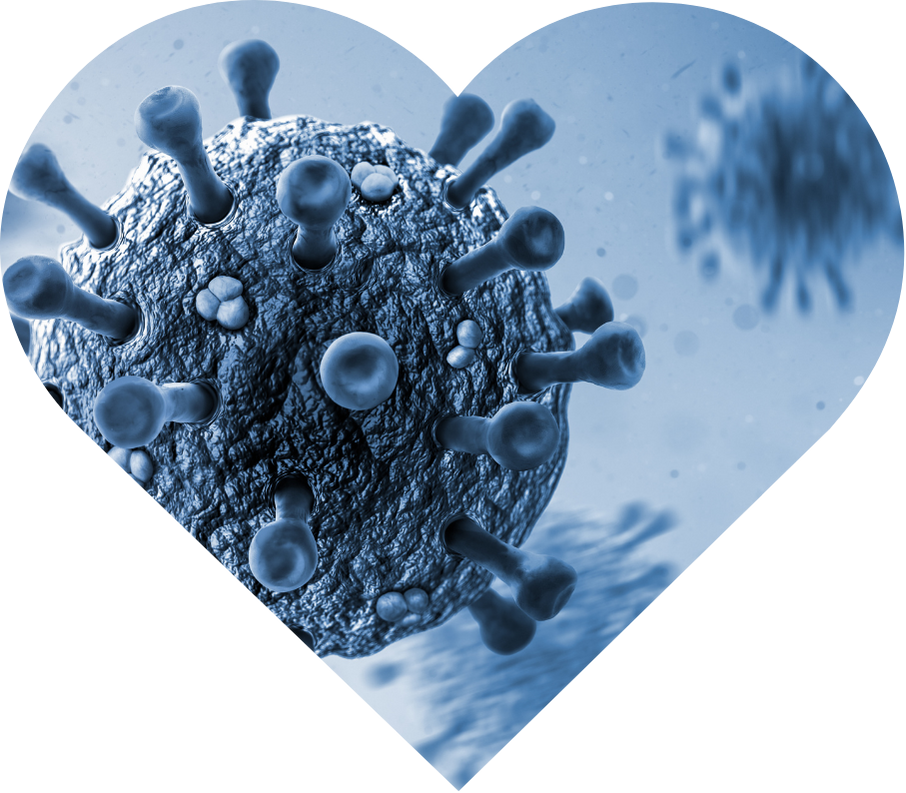As a pioneering physicist and chemist, two-time Nobel laureate Marie Curie emphasized the discipline of daily practice – research success is no accident. The same applies to our health: strong defenses are built through consistent, smart routines. Seasonal foods are not merely a "nice-to-have," but a tactical advantage. They provide fresh micronutrients, secondary plant compounds, and living microbes – exactly the arsenal that a powerful immune system needs in a hectic high-performance daily life.
Our immune system is a multilayered network of barriers, immune cells, and signaling molecules. The balance between defense and calmness is crucial: too little activity makes one vulnerable, while too much leads to harmful inflammationexcessive immune reaction that burdens tissues. Nutrition acts as a lever here. Vitamin C-rich citrus fruits support innate immunityrapid initial defense like phagocytes and adaptive immunityspecialized defense by T and B cells. Fermented foods provide probiotic microbesbeneficial bacteria that modulate the gut and immune system and bioactive metabolites. Berries bring anthocyanins – potent antioxidants – that buffer oxidative stressharmful reactivity of oxygen molecules. Garlic contributes sulfur-containing compounds like allicin, which have antimicrobial effects. Choosing seasonal options means: maximum nutrient density, minimal transport time, strong sensory qualities – and often a more favorable CO₂ balance. For high performers, this means reliable energy, quicker recovery, and greater resilience.
Citrus fruits provide vitamin C and polyphenols such as hesperidin and naringin, which dampen inflammatory processes and support the function of phagocytes, NK cells, and T/B cells [1]. Practically translated: less postprandial inflammation, better barrier function – a boon for recovery and cognitive sharpness. Fermented foods like yogurt, kefir, sauerkraut, or kimchi offer live cultures and bioactive substances that stabilize gut microbiota and improve local as well as systemic immune responses; studies link their consumption to reduced susceptibility to infections and inflammation-modulating effects [2] [3]. Berries – especially blueberries – are rich in anthocyanins, which reduce oxidative stress and pro-inflammatory signals following exertion; they also boost anti-inflammatory cytokines and may increase NK cell numbers, enhancing immune readiness [4], while reviews support their role as functional foods in preventing inflammation-driven diseases [5]. Garlic acts as a natural antimicrobial support, providing immunomodulatory, antioxidant, and cardioprotective effects – a broad protective shield for everyday life and training [6].
A recent review on citrus fruits summarizes human-based evidence: regular citrus consumption – including orange juice – lowers systemic inflammatory markers such as C-reactive protein and mitigates postprandial inflammation after high-fat meals. Mechanistically, vitamin C and polyphenols like hesperidin and naringin play a role by acting as antioxidants and functionally supporting immune cells [1]. Regarding fermented foods, epidemiological data show associations with a lower risk of metabolic diseases, and insights from intervention studies suggest improved gastrointestinal and extra-intestinal health. Crucially, live cultures from dairy and plant ferments reach the gut and can – at least temporarily – positively modulate microbiota and immune response [2]. Additionally, a review on fermented plant products describes the immunomodulatory effects of lactic acid bacteria and antioxidants: reduced oxidative stress, dampened inflammatory responses, and potential protection against chronic inflammatory diseases – directly relevant for longevity [3]. In the context of athletic exertion, a randomized intervention with trained subjects demonstrated that six weeks of blueberry consumption increases NK cell counts and that acute intake before endurance exercise lowers oxidative stress markers and elevates anti-inflammatory cytokines – a clear performance and recovery lever [4], consistent with reviews categorizing berries as functional immune and inflammation modulators [5].
- Daily citrus routine: Start the day with an orange or half a grapefruit, or alternatively, 200 ml of freshly squeezed juice with a protein-rich meal. Goal: 1-2 servings/day for stable vitamin C levels and a polyphenol-based anti-inflammatory effect [1].
- Smart garlic use: 1-2 fresh cloves daily, finely chopped and left to rest for 10 minutes to produce allicin. Use in dressings, on cooked vegetables, or in lentils – this maximizes antimicrobial and immunomodulatory effects [6].
- Firmly incorporate fermentation: Daily 1 serving (e.g., 150 g yogurt/kefir or 2-3 tablespoons sauerkraut/kimchi). A combination of dairy and plant ferments provides various microbes and antioxidants for gut barrier and systemic immune response [2] [3].
- Periodize seasonal berries: During the berry season, consume 150-250 g of blueberries or blackberries daily; on training days, 60-90 minutes before intense sessions for oxidative stress buffering and higher NK activity. Use frozen berries outside the season – the nutrient profile remains strong [4] [5].
- Performance plate: Combine kefir with berries and a splash of lemon juice in the morning; for lunch, have a salad with grapefruit segments, olive oil, and raw garlic; in the evening, steamed vegetables with kimchi. This matrix covers antioxidants, probiotics, and immune-active polyphenols without exceeding the caloric budget.
The data supports seasonal immune strategies: citrus polyphenols, fermented microbes, and berry anthocyanins work together against oxidative burden and excessive inflammation. The next steps in research will clarify which combinations and timings – such as "pre-workout berries" plus ferment load – most effectively improve immune markers and performance and how personalized microbiome profiles can guide the selection of seasonal foods.
This health article was created with AI support and is intended to help people access current scientific health knowledge. It contributes to the democratization of science – however, it does not replace professional medical advice and may present individual details in a simplified or slightly inaccurate manner due to AI-generated content. HEARTPORT and its affiliates assume no liability for the accuracy, completeness, or applicability of the information provided.













